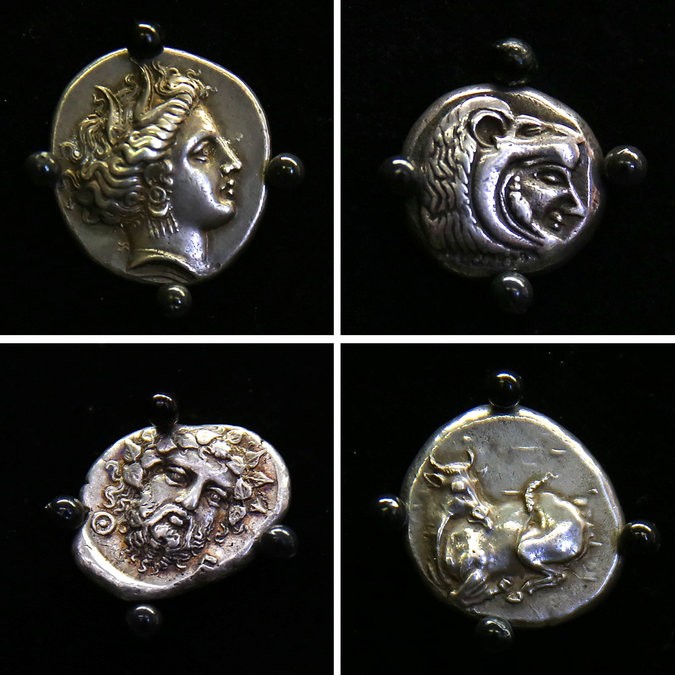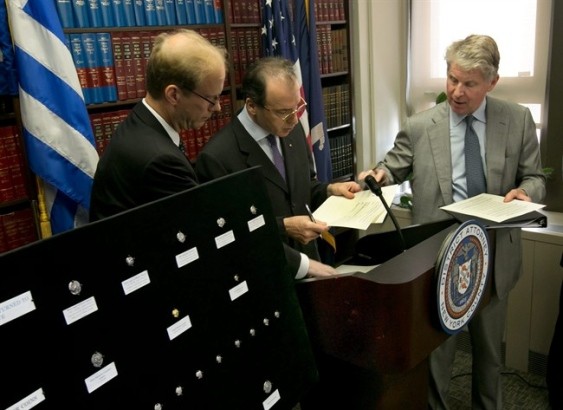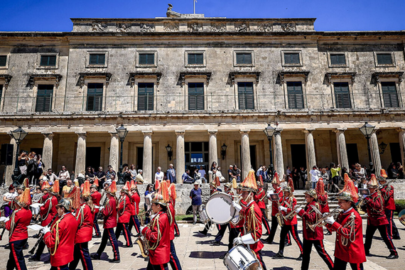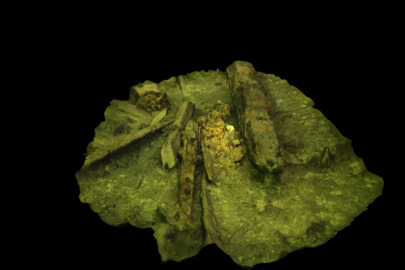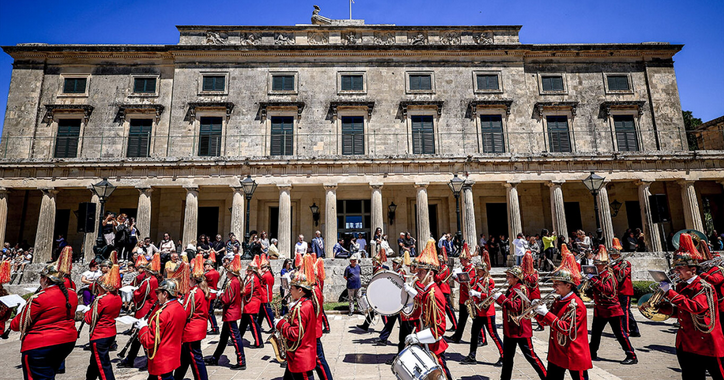Five ancient Greek coins were returned to the Greek government yesterday after a prominent coin aficionado from Rhode Island was tried in New York in a case that shook the numismatic world. Dr. Arnold-Peter Weiss, an author and orthopedics professor at Brown University’s Alpert Medical School, was arrested in January 2012 during a coin auction at the Waldorf-Astoria hotel when the coins were found in his possession.
The surgeon, who had been an avid coin collector and investor for 35 years, had also served on the board of the American Numismatic Society. He pleaded guilty to attempted criminal possession of stolen property.
The charges concerned three coins that Mr. Weiss thought were fourth century B.C. Greek pieces that had been smuggled from Italy but were actually forgeries. He wanted to sell one of them for about $350,000 and two others at $1.2 million each.
He was forced to forfeit about 20 other coins that included the authentic pieces that are being sent back to Greece. These include silver coins dating as far back as 515 B.C.
“The coins being returned to us by the New York County district attorney are exquisite ancient artifacts that reflect Greece’s culture, history and enduring strength,” said Ambassador Christos Panagopoulos to the U.S. during a special ceremony marking the repatriation of the coins. “Back home, where they belong, they will be displayed — with the gratitude of the Greek people to the DA — for all to admire, our citizens and visitors to Greece alike.”
Prosecutors said that two of the coins are being returned to the previous owner and the rest are to be donated to cultural and academic institutions.
Apart from having his coins confiscated, Dr. Weiss is being required to do 70 hours of community service and write an article about the problem of trading in coins of uncertain origin.
Coins from the confiscated collection:
Coins shown from the Greek colony Akragas, Circa 409-406 B.C.
Rare Greek silver coins of Katane, Sicily date back to Circa 405-403/2 B.C.
Clockwise from top left (below), pieces from Opuntian Locris (circa 369-338 B.C.); Thrace (515-480 B.C.); Euboea (375-357 B.C.); and Thebes (circa 405-395 B.C.)
Greek Ambassador to the U.S. Christos Panagopoulos, center, and Manhattan District Attorney Cyrus Vance Jr., right, accompanied by ICE Homeland Security Investigations Deputy Agent in Charge Glenn Sorge, sign documents during a repatriation ceremony of ancient Greek coins, in New York, Monday, Aug. 4, 2014.
Dr. Arnold Weiss. We look forward to reading his article about the problem of trading in coins of uncertain origin.



